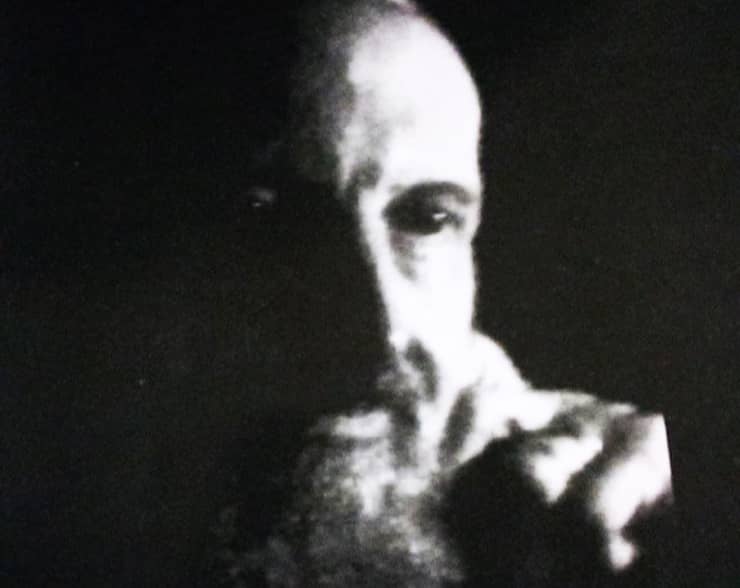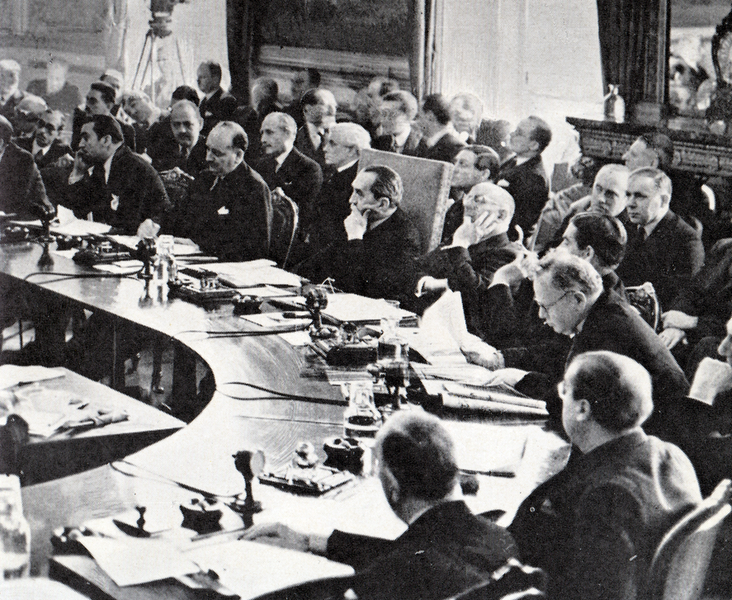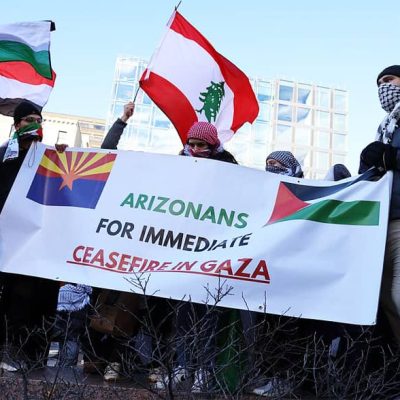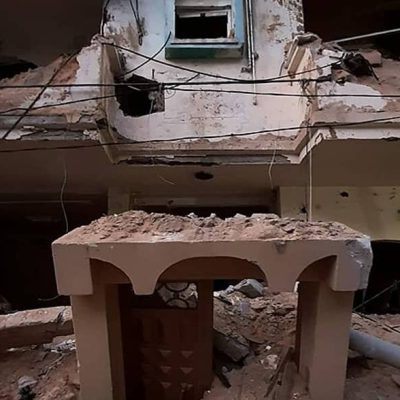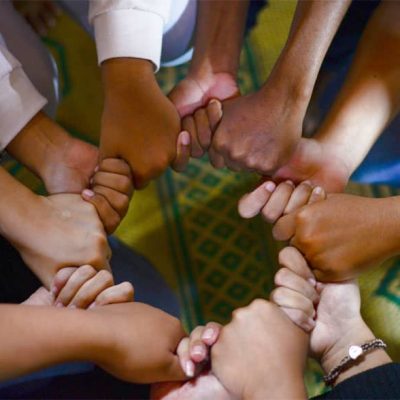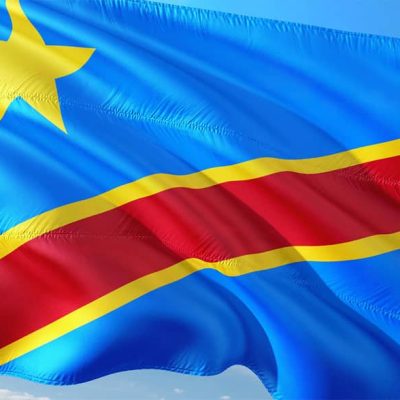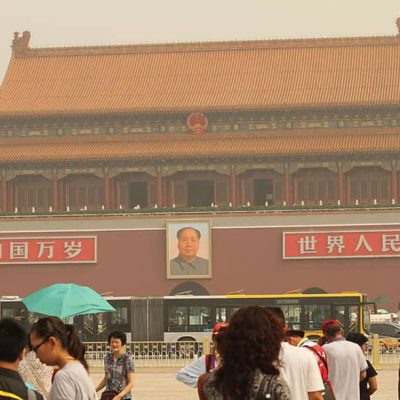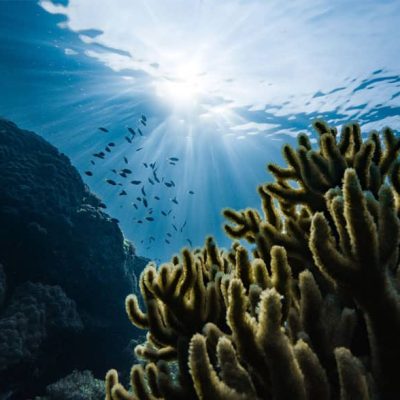 Appeals
Appeals
Completing Piaget’s Project. Transpersonal Philosophy and the Future of…
Featured Image Jean Piaget By Roland Zumbühl of Picswiss as part of a cooperation project. Wikimedia Commons.
Edward J. Dale. Completing Piaget’s Project. Transpersonal Philosophy and the Future of Psychology.
(St.Paul, MN: Paragon House Publishers, 2014)
Edward J. Dale has written a very useful overview of the intellectual currents in trans-personal psychology; a broad field in which different practitioners use different terms for roughly the same approach: Robert Assagioli – psychosynthesis, Ken Wilber – integral consciousness, Abraham Maslow – the farther reaches of human nature, Marilyn Ferguson – the Aquarian conspiracy. Dale provides an extensive bibliography of authors.
Therefore; there are at least two journals which specialize in trans-personal research: Journal of Humanistic Psychology, founded in 1961 and the Journal of Transpersonal Psychology founded in 1969.
Photo of Roberto Assaglioli, M.D. – Taken from the book ‘ Psychosynthesis (1965) By U3195247, CC BY-SA 4.0 <https://creativecommons.org/licenses/by-sa/4.0>, via Wikimedia Commons.
Roberto Assagioli: The Will as a Road to the Higher Self.
Psychoactive Substances.
All the trans-personal authors hold that it is very likely that the ability to develop trans-personal capacities is universal; under the right developmental conditions. However, these trans-personal characteristics have been developed in many societies and are found in shamanism, in induced trance states, in contemplative prayer-meditation, in the use of natural psychoactive substances; and in more recent times in the use of LSD in psychedelic research.
Nevertheless; there is a possibility of a rapid and widespread emergence of trans-personal consciousness in the near future; as an increasing number of people undertake spiritual practices of meditation, tantra, Zen, kundalini and other self-development techniques.
Ken Wilber. By Kanzeon Zen Center, CC BY 2.0 <https://creativecommons.org/licenses/by/2.0>, via Wikimedia Commons.
Trans-Personal Psychology.
There are basically three avenues leading to current trans-personal psychology.
The first is a development growing out of therapeutic work. Assagioli began in the Freudian mode; being the first translator of Freud’s writings into Italian. His work with clients showed that there were deeper aspects of the personality than Freud had stressed; and thus a need to find therapeutic techniques, which reached these deeper layers. Much the same holds true for Abraham Maslow.
A second avenue has been from that of academic research and experimentation; such as the work of Stanislav Grof, author of The stormy search for the self.
The third avenue has been the presence of Asian teachers of meditation; who came to Europe and the USA: the Tibetans after the 1959 flight from Tibet; and the voluntary departure from India of yoga teachers and from Japan for Zen.
Stanislav Grof, psychologist and psychiatrist. By Anton Nosik, CC BY 3.0 <https://creativecommons.org/licenses/by/3.0>, via Wikimedia Commons.
Completing Piaget’s Project.
The value of Dale’s book is in its subtitle Transpersonal Philosophy and the Future of Psychology. What can be confusing to readers is the title of the book Completing Piaget’s Project. Dale draws on an extended poem La mission de l’Idee; written when Piaget was 19 and published in the French-speaking Swiss Protestant youth journal; and his only novel Recherche; written when he was 20 and trying to organize ideas from his college studies; his wide reading and his personal experiences of psychic events and their impact on his body.
The poem and the novel do have trans-personal elements; as well as reflecting debates going on at the time in the Swiss Protestant churches; between more liberal and conservative currents. However; Piaget’s “project” linked to the creation of the League of Nations; and carried out from the 1920s in Geneva is not analyzed.
The League of Nations.
Jean Piaget (1896-1980) was born and educated in the French-speaking canton of Neuchatel. He was a brilliant student; and at an early age started writing articles for nature and wildlife journals. He became active in the Young Socialists League and a militant for peace. He was influenced by the destructive violence of the 1914-1918 war. Many children from France were sent to Neuchatel to take them out of harms way.
At the end of his university studies in Neuchatel; he went to Paris to work with Alfred Binet on the early IQ tests to measure intelligence. After a couple of years; he returned to Geneva to teach and do research in an institute devoted to education: l’Institut Jean-Jacques Rousseau.
Piaget came to Geneva just as the League of Nations was starting at the end of 1922. Piaget hoped as did many others; that the League would establish a peaceful world society. Piaget’s project was born in the intellectual currents stimulated by the League of Nations.
Image: Stanley Bruce chairing the League of Nations Council in 1936. Joachim von Ribbentrop is addressing the council. By Commonwealth of Australia, Public domain, via Wikimedia Commons.
The League of Nations and its unused Peace Army.
A Peaceful World Society.
His project was to build a peaceful world society; by developing education for peace that aimed at the full development of the person. This had to begin with the very start of education in primary school; and strengthened through education in secondary school.
In order to create primary education that would fulfill this aim; one had to understand how children learn. Thus, began his life-long investigation of the sequences of learning – when does awareness of shapes, colors, numbers, relations to others and a moral sense arise.
However; a world at peace could not be created only by having good education in the primary schools of Geneva. There had to be a world-wide improvement of primary education; by bringing advanced child-development knowledge to the attention of educators the world over; in particular to the Ministries of Education; which had the responsibility for educational policy and content.

Alfredo Benet Junior (July 11, 1857 – October 18, 1911). By Unidentified photographer, Public domain, via Wikimedia Commons.
The Rockefeller Foundation.
Thus, in the spirit of the League of Nations; Piaget and some of his Geneva colleagues created the International Bureau of Education in 1924; which Piaget headed for nearly 40 years. Intellectually, it was related to the League of Nations and brought together; usually once every two years, the Ministers of Education of the League members to discuss curriculum and teaching methods influenced by research being undertaken.
The Bureau was largely financed by the Rockefeller Foundation. Since the USA had refused League membership and so did not contribute to the League’s budget; much of the intellectual efforts of the League were financed by the Rockefeller Foundation including the impressive Library; which is part of the League’s Palais des Nations.
After the Second World War; the Bureau continued its work of conferences for Ministers of Education as an independent organization, always with Piaget as director. In 1964, the Bureau was administratively incorporated into UNESCO but remained in Geneva.
The Same Learning Sequences.
The International Bureau of Education, housed in the Palais Wilson; the original League Secretariat offices, Piaget’s separate office building and the experimental primary school; that served for observations were just across the street from my office as professor and Director of Research of the Graduate Institute of Development Studies.
We would often eat or have coffee in the same places. Of course, I knew who Piaget was and would say “hello”, but I interacted with his team of researchers, who were more my age. They were working on observations in Africa and Asia to see if the same learning sequences that Piaget had observed for Geneva children were true in other cultures as well. Their findings were that the sequences were the same; but the ages at which they took place differed due to child-raising patterns in Africa and Asia.
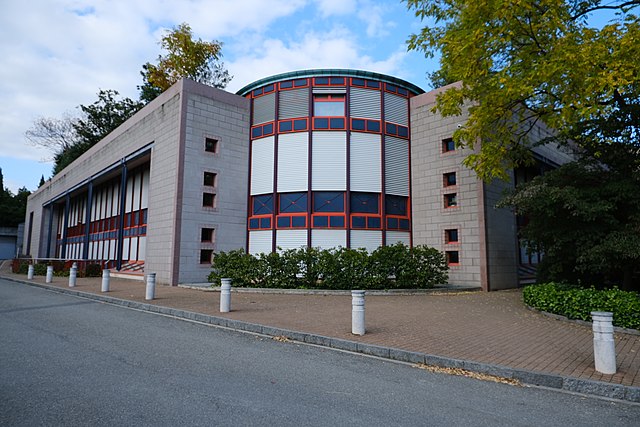
International Bureau of Education – UNESCO @ Le Grand-Saconnex. By Guilhem Vellut from Annecy, France, CC BY 2.0 <https://creativecommons.org/licenses/by/2.0>, via Wikimedia Commons.
The Contribution of Education to World Peace.
Piaget’s project of peace through improved primary and secondary school education has not yet been fulfilled. UNESCO has a major program “Education for Global Citizenship“. The teachers’ manuals for the UNESCO program owe much to Piaget’s research.
While Dale’s book has many interesting elements and is a useful overview of trans-personal efforts. I think that it is a mistake to try to transform Piaget into a forerunner of trans-personal approaches; and to neglect the heart of Piaget’s project: the contribution of education to world peace.
Image: Image by Ian Ingalula from Pixabay.
Peacebuilding and the Transformation of Education.
Rene Wadlow, President, Association of World Citizens.
You might to be interesting to read:
- The First Nansen Passport: The League of Nations and Those Whose State Disappeared.
- The League of Nations and its unused Peace Army.
- Salvador De Madariaga: Conscience of the League of Nations.
- David Cortright Peace: A History of Movements and Ideas .
- Albert Thomas: The ILO Centenary. by Rene Wadlow.
- Simone Panter-Brick Gandhi and Nationalism.
- Edmond Privat: The Inner Light.
- Albert Einstein: Remember Your Humanity and Forget the Rest.
- Teaching the New Globalism.

President, Association of World Citizens (AWC).
Estudied International relations in The University of Chicago.
Estudied Special Program in European Civilization en Princeton University
Here are other publications that may be of interest to you.
Burma’s Crumbling Junta
February first marked the anniversary of the military coup which overthrew the government of Aung San Suu Kyi in 2021. She was in practice the leader of the government but…
Preventing the Expansion of the Gaza Conflict: Are Peace Brigades a Possibility?
Antony Blinken, the U.S. Secretary of State, has been again in the Middle East working to prevent the violence of the Gaza Strip of spreading to much of the area. …
World Citizens Call for an Inmediate End to Hostilities between Israel and Hamas, and for a Genuine Peacebuilding Effort in the Middle East.
Featured image: The impact of the Israeli bombing on a civilian building in Gaza (2021). By Osama Eid, CC BY-SA 3.0 https://creativecommons.org/licenses/by-sa/3.0, via Wikimedia Commons. The AWC, a Nongovernmental Organization…
World Humanitarian Day: A Need for Common Actions.
Featured Image: Photo by Wylly Suhendra on Unsplash. The United Nations General Assembly has designated 19 August as “World Humanitarian Day” to pay tribute to aid workers in humanitarian service…
Peace Planners: Awake!.
Featured Image: Photo by Eddie Kopp, Unsplash. The recent NATO Summit in Vilnius is an indication that the war planning community is busy at work in the spirit of Von…
Track Two Efforts Needed to Reduce China-India Frontier Tensions.
Featured Image: Arunachal Pradesh – India. Photo by Unexplored Northeast, Unsplash. There has been a constant buildup of military forces by the governments of both India and China along their common frontiers. …
Democratic Republic of Congo: Sky Getting Darker.
Photo by jorono, Pixabay. The armed conflict in the eastern area of the Democratic Republic of Congo (RDC) on the frontier with Rwanda seems to be growing worse and is…
World Refugee Day.
June 20 is the United Nations (UN)-designated World Refugee Day; marking the signing in 1951 of the Convention on Refugees. The condition of refugees and migrants has become a “hot”…
4 June: Memories of Tiananmen Square.
4 June makes the security forces in China somewhat uneasy, especially in Hong Kong where, in the past, there were large memorial meetings tp remind people of 4 June 1989…
International Day of the Oceans.
Featured Image: Photo by Marek Okon, Unsplash. Progress on Asian Maritime Delimitations Needed. 8 June has been designated by the United Nations General Assembly as the International Day of the Oceans to…
